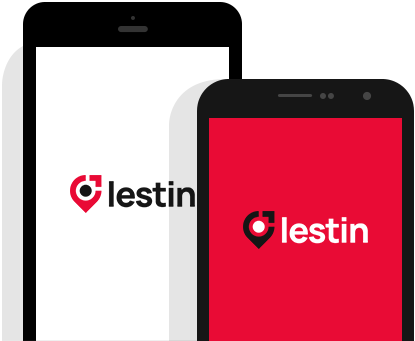How It Works
02
Explore Investment Firms
Browse a carefully selected group of reputable firms offering expert financial and investment solutions.
03
Compare Firm Profiles
Dive into detailed profiles, including contact info, service highlights, and areas of expertise to find the best match.
04
Connect and Get Started
Reach out directly to your chosen firm and schedule a consultation to begin building your financial future.

Attract High-Net-Worth Clients Searching for Investment Expertise
PillarWM Finder connects affluent individuals with trusted investment firms that specialize in growing and preserving wealth.
Benefits for Investment Firms
If you represent an investment firm, listing on PillarWM Finder gives you the opportunity to:
Access High-Net-Worth Strategies Through Trusted Investment Firms
Local businesses
See featured listings
Subscribe to newsletter
Signup to get daily new offers
- Making this the first true generator on Internet
- Lorem Ipsum is not simply random text
- If you are going to use a passage
Newsletter
Subscribe to our newsletter to get our daily latest news and updates.
30 +
Awards Won
Lorem ipsum is simply free text available.
99 k
Approved Listing
Lorem ipsum is simply free text available.
68 +
Expert People
Lorem ipsum is simply free text available.
56 k
Happy Customers
Lorem ipsum is simply free text available.
Get our free app
Download our lestin application
Get our mobile app for easy and convenient usage

Handpicked Advisors

















